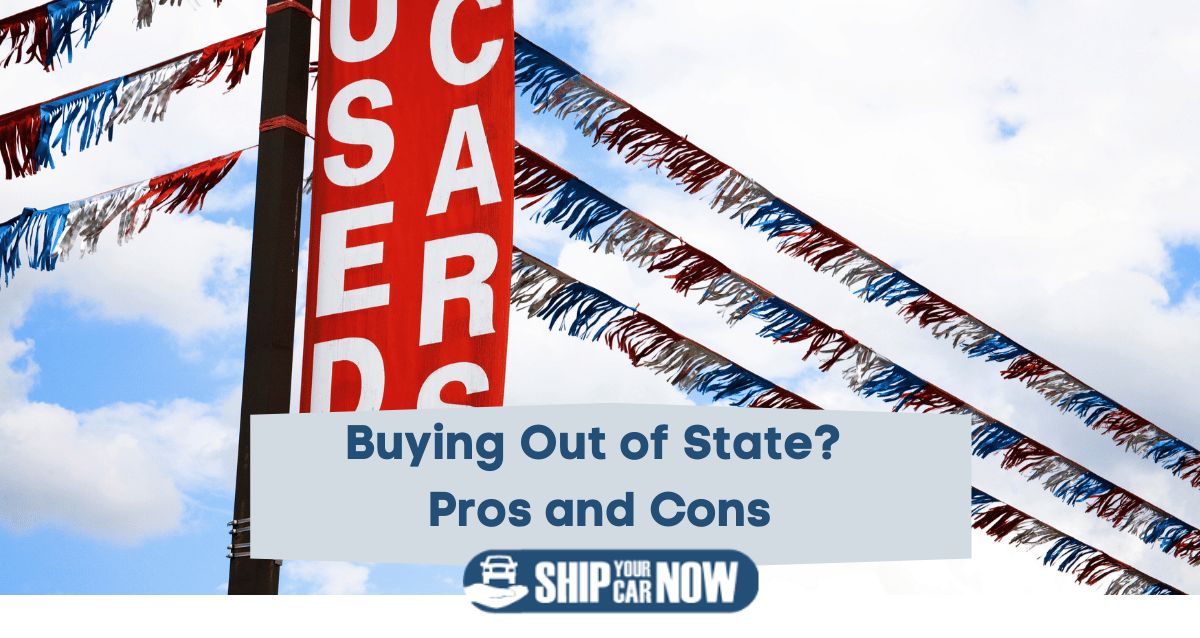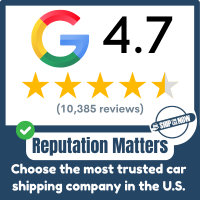Many car buyers wonder if purchasing a used car out of state is the ticket to better deals and more options. Buying out of state can offer a wider selection and lower prices, but it also means extra costs and navigating different state laws. As a nationwide auto transport company, the team at Ship Your Car Now examines the pros and cons to help you see if an out-of-state purchase is right for you.
Key Takeaways
- Buying a used car out of state can offer better deals and a larger selection, especially for specialty vehicles.
- Be prepared for additional costs and challenges, such as shipping fees, state taxes, and differing registration requirements.
- Always conduct thorough research, including a vehicle history report and a pre-purchase inspection, to avoid pitfalls during your purchase.
How the Car Buying Process Has Evolved
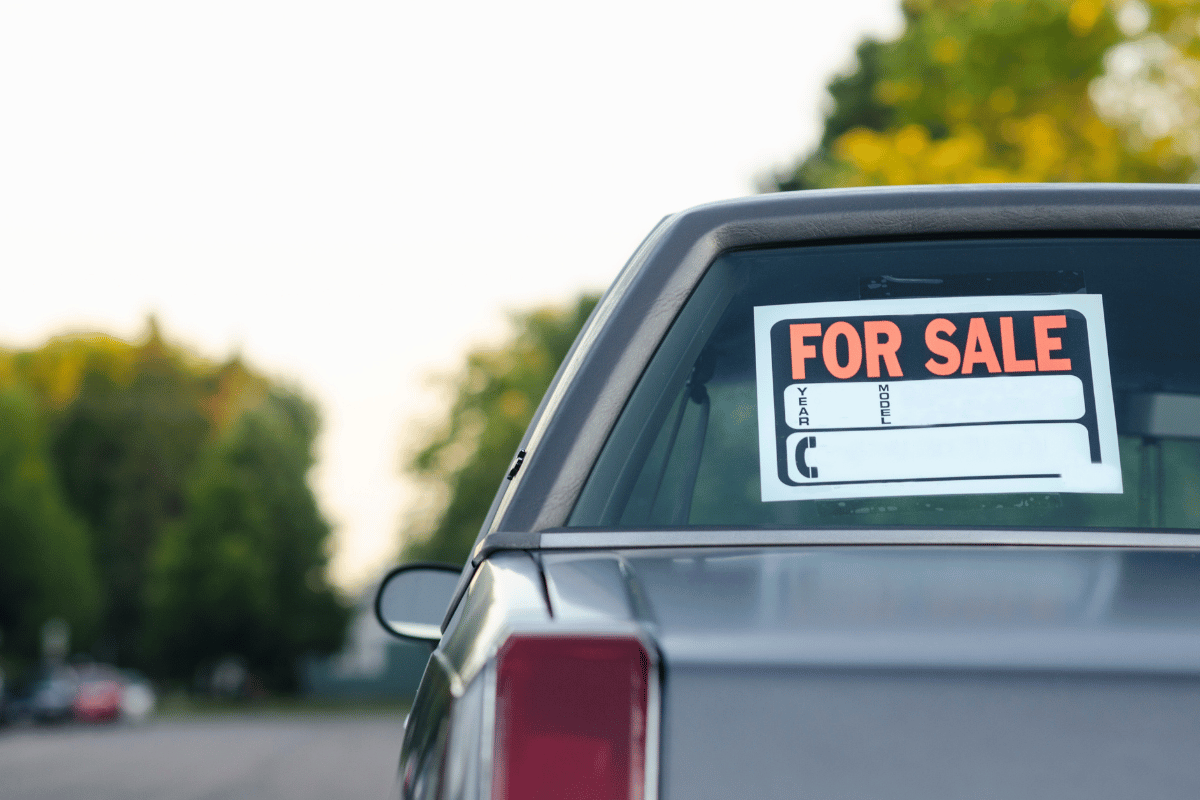
The internet has revolutionized many aspects of our lives, including how we buy cars. The rise of peer-to-peer selling platforms and the overall e-commerce boom have made buying cars online increasingly popular and convenient. Online car auctions, for example, have become a go-to avenue for finding deals on vehicles in different states.
Online car buying is becoming more streamlined and accessible, breaking down traditional geographic barriers. This digital transformation means you no longer need to limit yourself to local dealerships when searching for your next car. However, with these new opportunities come new challenges and considerations, especially when the vehicle is out of state.
Can You Buy a Used Car Out of State?

Absolutely, you can buy a used car out of state, but it can be a double-edged sword and comes with its own set of hurdles.
- On one hand, you might find a wider selection and potentially better deals than your local market offers.
- Online car auction platforms can facilitate the out-of-state buying process, often resulting in lower prices than traditional dealerships. This is especially enticing if you’re searching for a rare or specialized vehicle that’s not available locally.
While the potential for savings is significant, additional expenses such as car shipping costs or travel expenses to retrieve the vehicle can offset these savings. Legalities also come into play, which can be complex. You must comply with varying state laws and requirements, including:
- Registration
- Insurance requirements
- Sales tax implications
Performing a pre-purchase inspection and obtaining a history report can help you avoid potential issues. Ultimately, weighing these benefits and challenges will help determine if an out-of-state purchase suits your needs. While buying a car out of state is feasible, thorough preparation is crucial to a successful transaction.
Benefits of Buying a Used Car Out of State

Buying a used car out of state offers several benefits, including access to a more extensive inventory, potentially better deals, and the ability to find rare or specialized vehicles. However, being aware of the additional steps and considerations involved in an out-of-state purchase is crucial. This includes understanding the legal requirements for registration and insurance in your home state and the logistics of transporting the vehicle.
Ensuring a smooth transaction requires thorough research, proper planning, and possibly enlisting the help of professionals to navigate the complexities of cross-state car buying.
Ultimately, while buying a used car out of state can offer numerous advantages, it also demands careful attention to detail and a willingness to manage the extra logistics. By weighing the benefits against the potential challenges, you can make an informed decision that best suits your needs and budget.
Avoiding Local Market Limitations
Local markets can sometimes be limiting, with higher demand leading to inflated prices and fewer options. Considering an out-of-state purchase can open up opportunities to explore unique markets where the demand and supply dynamics differ from your local area.
- For instance, certain states might have a higher turnover of vehicles due to leasing trends, leading to a more abundant supply of well-maintained used cars. This can result in better deals and more options for buyers willing to look beyond their immediate vicinity.
Moreover, purchasing a car from a different state allows you to take advantage of varying regional pricing. Some states may have lower average prices for certain vehicles due to economic factors, climate conditions, or market saturation. By tapping into these markets, you can potentially save a significant amount of money compared to buying locally.
Broader Selection and Better Deals
Accessing a more expansive inventory allows you to negotiate better prices and find better deals. With more vehicles to choose from, sellers are often more willing to offer competitive prices. This means you might secure a lower price and get more value for your money.
When you look beyond your local dealership, the selection of vehicles expands significantly. This broader inventory increases your chances of finding your desired model or features.
- Out-state shopping opens up many more options, whether you’re after a particular color, trim, or a rare vehicle that’s not available locally.
- Expanding your search beyond your local market significantly increases your chances of finding the exact make and model you desire, often at a more competitive price.
Specialty Vehicles
For exotic car enthusiasts and collectors, out-of-state shopping is a treasure trove for specialty vehicles. Whether you’re searching for a limited-edition model, a vintage car, or a rare trim, expanding your search beyond local inventory increases the likelihood of finding such gems.
Rare or specialized vehicles often hold significant appeal and can be difficult to find locally. Buying out of state can uncover unique cars, making the hunt worthwhile for collectors and enthusiasts.
Challenges of Buying a Used Car Out of State
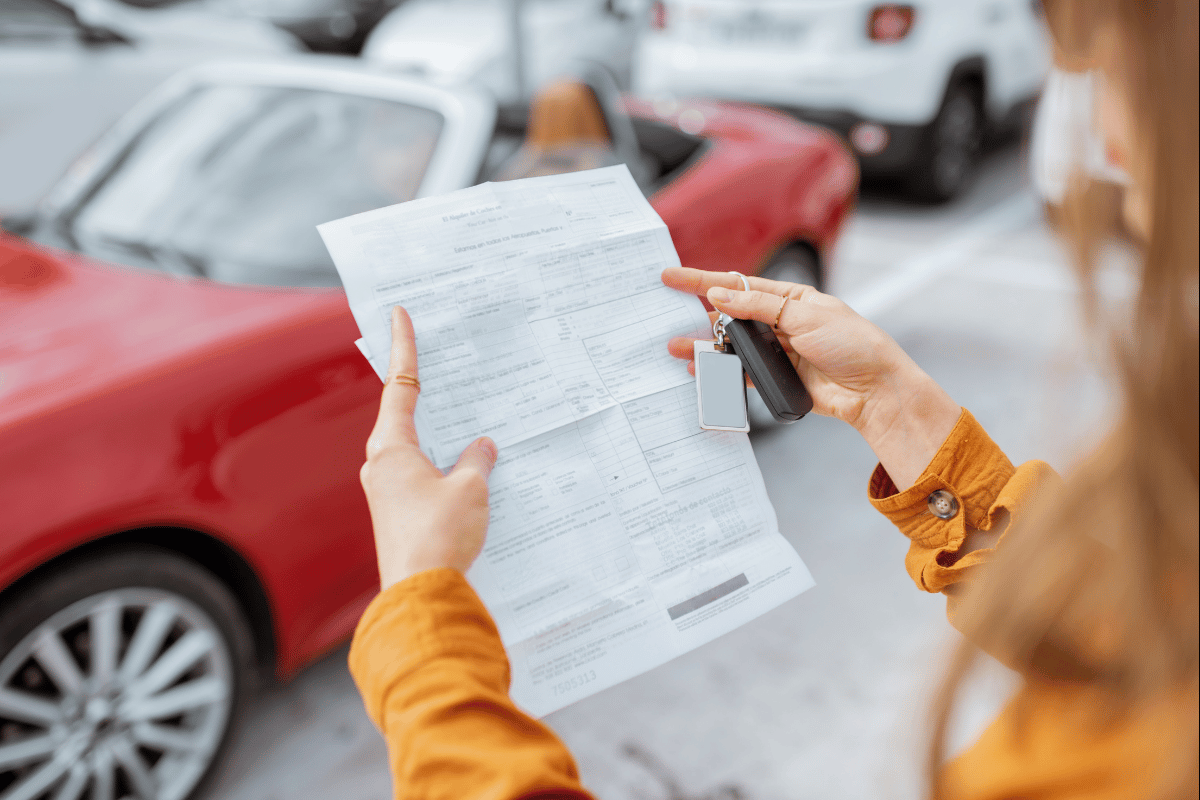
While the benefits are enticing, buying a used car out of state comes with its own set of challenges. These include sales tax and registration issues, transporting the vehicle home, and meeting inspection and emissions standards.
Sales Tax and Registration
- One of the complexities of out-of-state purchases is dealing with sales tax and registration. You are responsible for paying sales tax based on the regulations of your home state, not the state of purchase. This process can be complicated, as each state has its own rules and requirements.
- When purchasing from a private seller, you may need to obtain a temporary registration to legally drive the car home. Some states offer temporary permits to allow for vehicle inspections during transport. Knowing these requirements in advance can prevent unexpected headaches.
Transporting the Vehicle Home
- Transporting the vehicle home is another significant consideration. Whether you drive the vehicle back yourself or opt for car shipping services, the logistics can add to the overall complexity and cost.
- Towing or shipping costs can be substantial and may diminish any savings from the purchase price.
Inspection and Emissions Standards
- Ensuring the vehicle complies with your home state’s inspection and emissions standards is essential. This can be particularly challenging when buying out of state, as the distance makes it harder to assess the vehicle. Verifying necessary inspections with your state’s DMV helps avoid issues.
- Each state has different requirements, and failing to meet them can delay registration and lead to costly repairs.
- For instance, motor vehicles registered in California must meet stringent emissions and smog controls.
Steps to Successfully Buy a Used Car Out of State
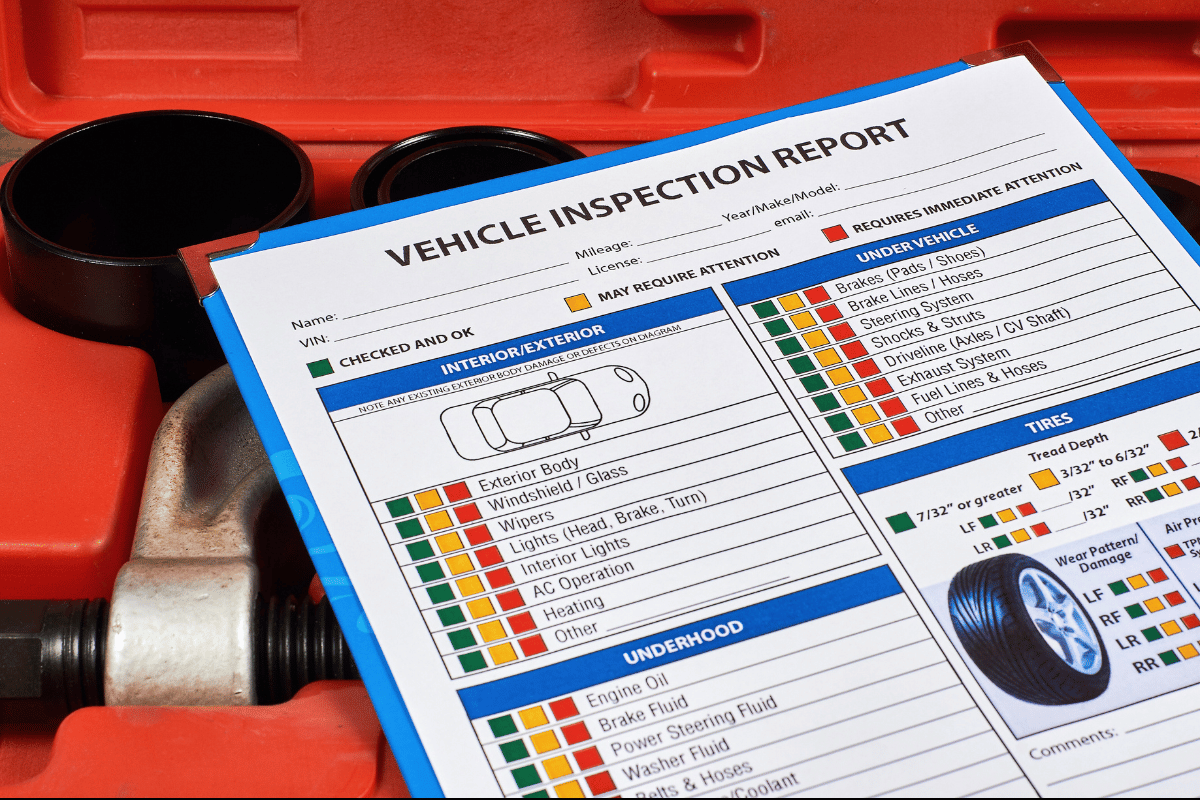
Successfully buying a used car out of state involves several crucial steps. From researching and verifying the vehicle’s history to arranging for a pre-purchase inspection and planning for transport and registration, each step is vital for a smooth transaction.
- Research and Verify Vehicle History
- Obtaining a vehicle history report is a non-negotiable step when considering an out-of-state purchase.
- This report can reveal vital details about the car’s past, including accidents, title issues, and previous ownership. By understanding the vehicle’s history, you can make an informed decision and potentially avoid costly issues in the future.
- A detailed vehicle history report offers peace of mind, ensuring the vehicle’s history is reliable and safe. Double-checking this information before purchase is key to a successful out-of-state transaction.
- Arrange for a Pre-Purchase Inspection
- A pre-purchase inspection by a qualified mechanic is essential when buying a car from an out-of-state seller.
- This inspection helps identify any potential problems that may not be evident from a vehicle history report alone. It’s a small investment that can save you from significant headaches down the road.
- Having an independent mechanic check the vehicle can uncover significant issues, providing you with the information needed to negotiate the price or decide against the purchase altogether. This step ensures the car’s condition before finalizing the deal.
- Plan for Transport and Registration
- Understanding the registration process for an out-of-state vehicle is important, as requirements vary between states. When registering a car, you’ll often need specific documents such as the title, bill of sale, and proof of insurance.
- Having all necessary documentation helps avoid legal issues during transport.
- After purchasing the car, you have options for transporting it home, including hiring a shipping company or driving the vehicle back yourself.
- Companies like Ship Your Car Now provide detailed information about how car transport works and offer support throughout the entire process, ensuring a smooth experience.
Comparing Costs: Local vs. Out of State Purchases

Comparing local and out-of-state purchase costs is crucial to making an informed decision. While buying a vehicle out of state can provide significant financial savings due to regional pricing differences, additional costs like shipping and registration can reduce these savings.
For example, shipping a vehicle can cost between $500 to $1,700 depending on the distance. Long-distance shipments can be even more expensive, potentially eliminating any savings from a lower purchase price.
While potential savings and access to a broader selection are enticing, the complexities of sales tax, registration, and transportation can be daunting. Additionally, local dealerships might provide better service for repairs and warranty issues compared to dealing with out-of-state purchases.
Knowing state requirements and ensuring a pre-purchase safety inspection can help avoid potential pitfalls. Weighing these pros and cons can lead to an informed decision, making sure the effort is worth the potential savings.
Is It Worth the Hassle? Key Considerations

Deciding whether an out-of-state purchase is worth the hassle depends on several key considerations:
Resale Value: Depending on the state, certain vehicles may retain their value better due to regional preferences and market conditions. Researching the resale value in both your home state and the state of purchase can provide insights into long-term financial benefits.
Climate Impact: The climate in the state where the car was previously owned can affect its condition. For example, cars from snowy regions may have more rust due to road salt, while vehicles from warmer climates might have less wear and tear.
Warranty and Service: If the vehicle is still under warranty, ensure that the warranty is honored in your home state. Additionally, consider the availability of authorized service centers for the specific make and model of the car.
Financing Options: Financing a car from out of state can sometimes be more complicated. Check with your bank or lender to understand their policies on out-of-state vehicle purchases and ensure you have pre-approval if needed.
Legal and Documentation Requirements: Each state has its own set of legal requirements and documentation for car purchases. Familiarize yourself with these requirements to avoid any legal issues during the transaction process.
Summary
Buying a used car out of state offers both benefits and challenges. Access to a wider selection, potentially better deals, and the opportunity to find rare models make it an attractive option. However, complexities related to sales tax, registration, transportation, and meeting inspection standards can pose significant hurdles.
Ultimately, whether an out-of-state purchase is right for you depends on your willingness to navigate these challenges and your ability to plan carefully. By following the steps outlined in this guide, you can make an informed decision and enjoy the benefits of a successful out-of-state car purchase.
Frequently Asked Questions
Can I buy a used car from another state?
Yes, you can buy a used car from another state! Just make sure you’re aware of the different state laws and registration rules you’ll need to follow.
How do I transport a vehicle purchased out of state?
You can either drive the vehicle back yourself with temporary tags or hire a shipping service to do the heavy lifting for you. It’s all about what works best for you!
What should I check before buying a used car from another state?
Before buying a used car from another state, definitely get a vehicle history report and a pre-purchase inspection. Also, make sure the car complies with your home state’s inspection and emissions standards.
Are there additional costs when buying a car out of state?
Buying a car out of state can lead to extra expenses like shipping or travel costs, sales tax, and registration fees. It’s smart to factor these into your budget!
Is it worth buying a used car out of state?
It depends. Buying a used car out of state can be worth it if you find a good deal and are ready to handle the extra paperwork and logistics. Just make sure to do your homework and factor in any costs involved!

